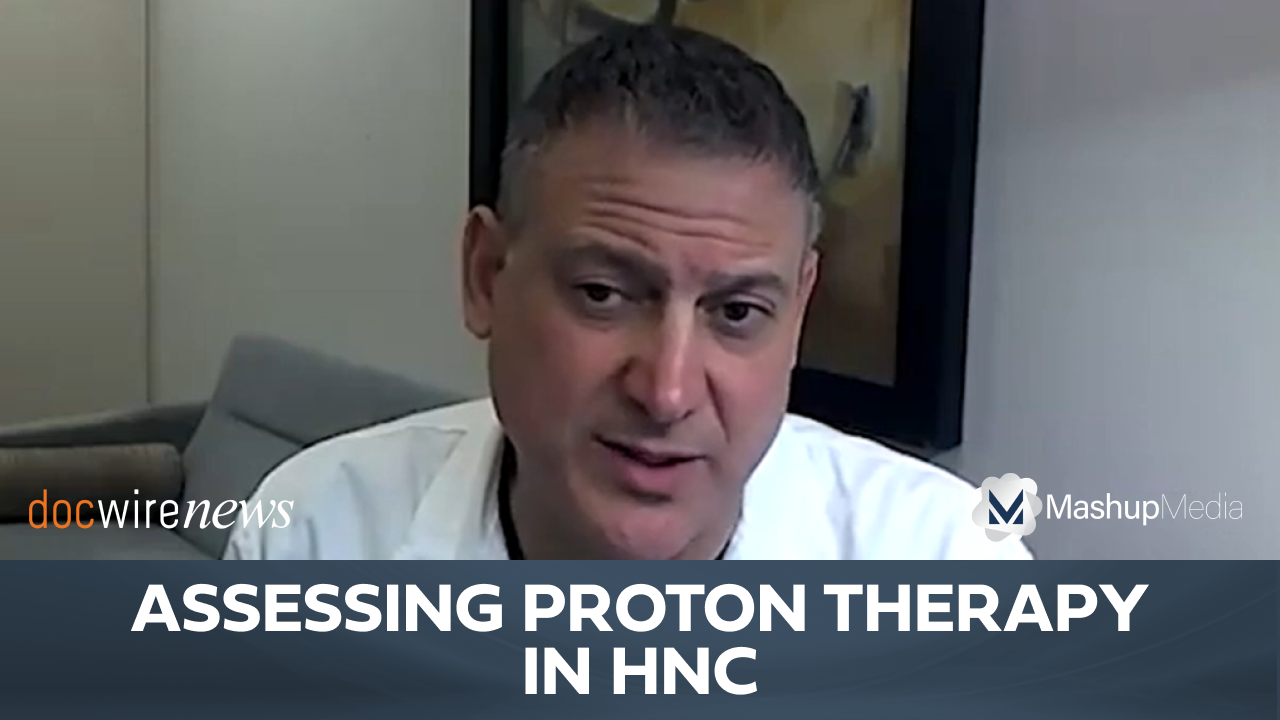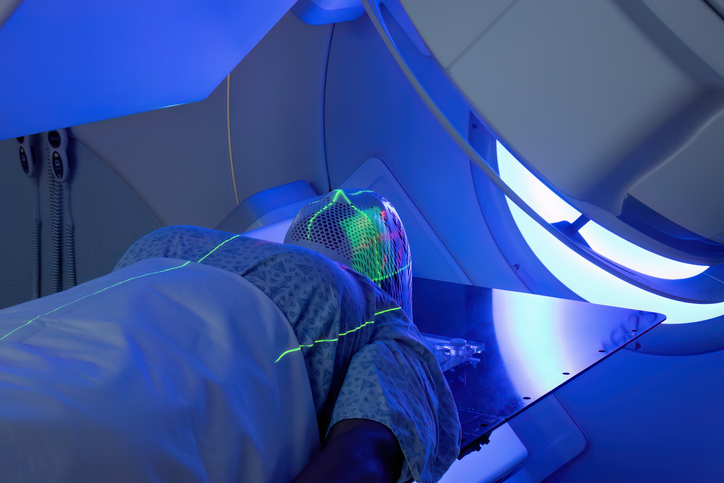
A multi-university research collaboration spearheaded by Rice University has been awarded up to $18 million over 5 years by the Advanced Research Projects Agency for Health (ARPA-H) to develop and validate a new system to improve the accuracy of tumor removal for breast and head and neck cancers.
This novel, slide-free pathology system, called AccessPath, helps surgeons to better discern tumor removal during surgery by enabling rapid, automatic tumor margin classification of resected tumors. AccessPath is one of several projects funded through the ARPA-H Precision Surgical Interventions program announced today as part of a broader $150 million Biden-Harris administration Cancer Moonshot initiative.
For solid tumors, surgical removal is often the first option. However, during surgery, it can be difficult to determine tumor margin due to a lack of contrast. Because identifying the margin is difficult, multiple surgeries are often required to successfully remove an entire tumor.
“Precise margin assessment is key to the oncologic success of any cancer operation,” said Dr. Ana Paula Refinetti, an associate professor in the Department of Breast Surgical Oncology at the University of Texas MD Anderson Cancer Center and one of the lead surgeons PIs on the project. “The development of a new low-cost technology that enables immediate margin assessment could transform the landscape of surgical oncology, particularly in low-resource settings, reducing the number of repeat interventions, lowering cancer care costs, and improving patient outcomes.”
The AccessPath system comprises 3 key technological advancements:
- A novel, rugged, high-resolution microscope design equipped with a large field-of-view and extended depth of field that can image tumors rapidly
- The optimization of inexpensive, fast-acting, effective fluorescent stains for dying tumor margins
- Fast and accurate artificial intelligence algorithms to read the imagery to classify margins as either positive or negative
“Because of its low cost, high speed, and automated analysis, we believe AccessPath can revolutionize real-time surgical guidance, greatly expanding the range of hospitals able to provide accurate intraoperative tumor margin assessment and improving outcomes for all cancer surgery patients,” said Rebecca Richards-Kortum, a Rice bioengineering professor and director of the Rice360 Institute for Global Health Technologies who is the lead PI on the project. Ashok Veeraraghavan, chair of the Rice Department of Electrical and Computer Engineering and a professor of electrical and computer engineering and computer science, is a co-PI on the project.
“AccessPath is exactly the kind of life-changing research and health care innovation we are proud to produce at Rice, where we’re committed to addressing and solving the world’s most pressing medical issues,” said Ramamoorthy Ramesh, Rice’s executive vice president for research. “Partnering with MD Anderson on this vital work underscores the importance of such ongoing collaborations with our neighbors in the world’s largest medical center. I am thrilled for Rebecca and her team; it’s teamwork that makes discoveries like these possible.”







 © 2025 Mashup Media, LLC, a Formedics Property. All Rights Reserved.
© 2025 Mashup Media, LLC, a Formedics Property. All Rights Reserved.